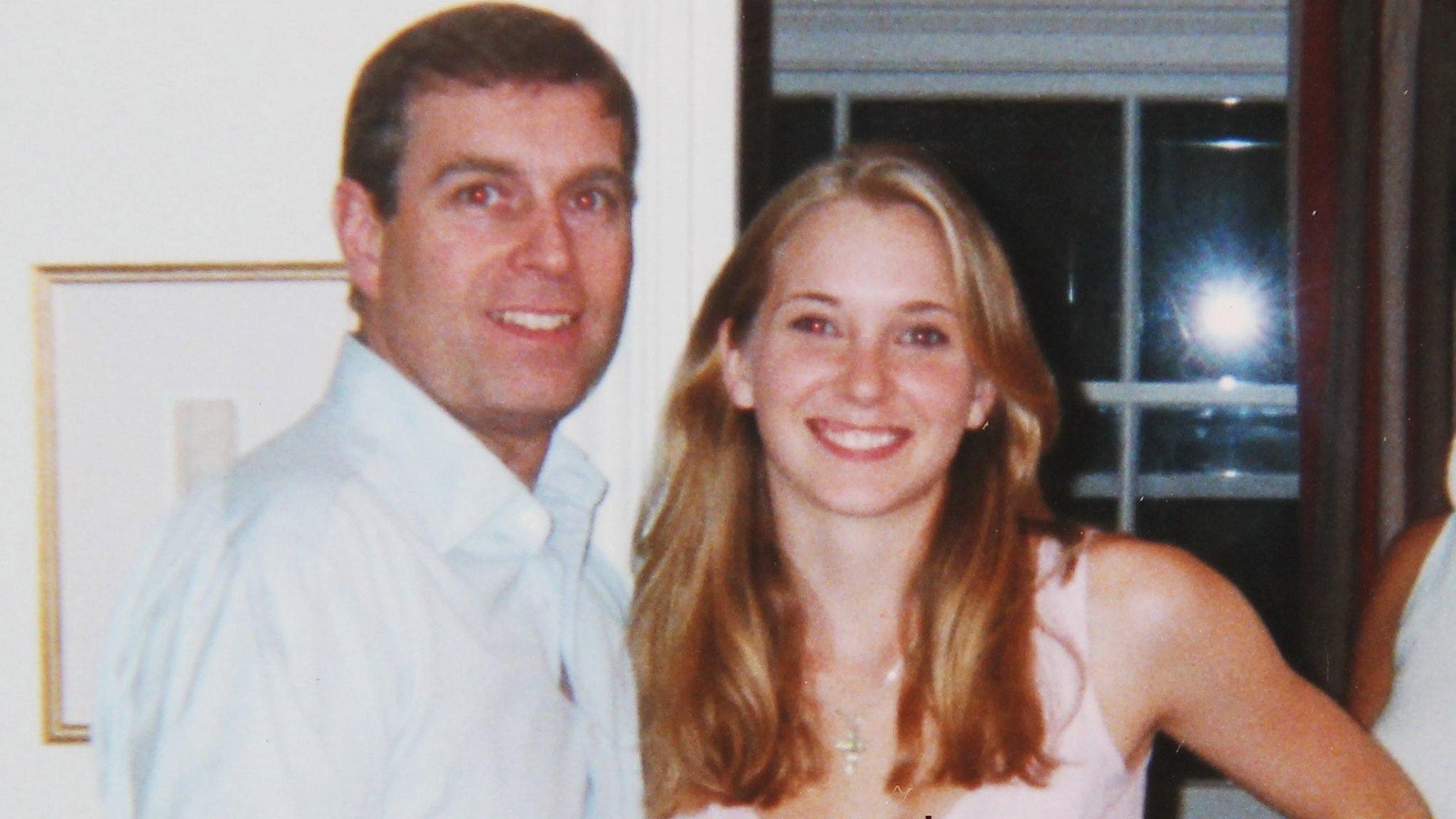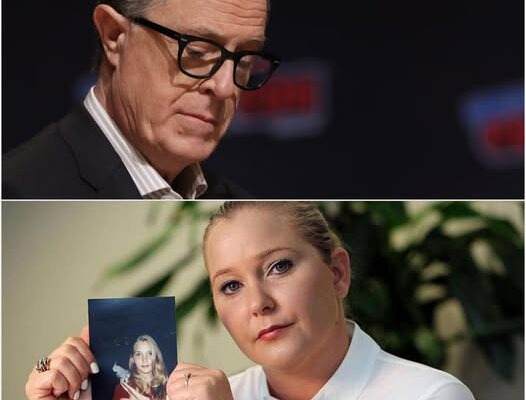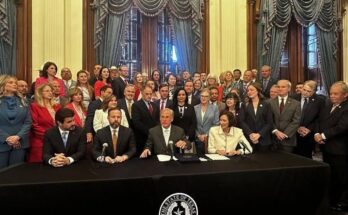“When power protects predators, justice becomes their victim.” With those words, Stephen Colbert broke his silence in a recent statement paying tribute to Virginia Giuffre — and ignited a firestorm. His message wasn’t just grief; it was a demand. Colbert honored Giuffre’s courage and her family’s pain, but his final warning
Stephen Colbert Honours Virginia Giuffre With Emotional Call for Justice

In a rare moment on his primetime show, Stephen Colbert paid tribute to Virginia Giuffre, the late advocate and survivor of sex trafficking tied to the Jeffrey Epstein scandal, acknowledging her courage, lamenting her passing, and issuing a public demand for accountability and justice.
Colbert opened the segment on The Late Show with Stephen Colbert with somber lighting and a near-silent studio before he addressed Giuffre’s legacy directly. He spoke of a brave woman “who refused to be invisible” and who “became a voice for the voiceless.” With raw emotion, Colbert reached beyond satire, delivering a pointed message to the powerful institutions and individuals who evaded scrutiny for too long.
He honored Giuffre’s activism, noting that her posthumously published memoir Nobody’s Girl was more than a book—it was a reckoning. Colbert emphasized her work in exposing the wealthy and influential, and said that her death must not be treated as an endpoint. Instead, it must be a turning point.
Turning to the unseen world of privilege and power, Colbert challenged prominent figures and institutions to stop “shielding predators with legal privilege.” He accused those complicit of erosion of justice, stating that Giuffre’s loss was a national wound and one that demands a response. With rising intensity, he declared: “When we allow empire to protect abusers, we build monuments to silence—and she gave us the blueprints to tear them down.”
Throughout the tribute, the camera lingered on Giuffre’s photograph, and Colbert paused often, his voice breaking, as he remembered the “16-year-old girl who dared to say no, and then shouted yes to the truth.” He addressed Giuffre’s family directly, acknowledging their grief and pledging to carry forward her mission: accountability and reform.

Colbert also spotlighted the broader implications. He referenced newly unearthed court filings and the upcoming documentary based on Giuffre’s life, saying the moment for institutional change was now. “It isn’t enough to say we believe survivors,” he said. “It’s time we prove it—with indictments, not just investigations. With systems rewritten, not just headlines.”
While late-night hosts often lean into humour, Colbert’s tone stayed resolutely earnest. He resisted jokes—even his mild one-liners faded into the pause—because in his view, this was no time for comedy. It was time for reckoning.
The segment ended with a graphic stating “Justice for Virginia Giuffre” and a silent minute of reflection before the show cut to credits. On social media, viewers praised the unexpected depth: clips of the tribute racked up millions of views and thousands of comments, with many saying they could feel the conversation shifting.
As audiences continue to process the scandal’s legacy—with Giuffre’s memoir due out this month—the spotlight is now squarely on those who stayed silent or complicit. And thanks to Colbert’s intervention, maybe more than a spotlight: a demand.
In a culture where power often rewrites the story, Stephen Colbert paused. He looked the scoreboard in the eye and asked: Whose side is justice on?



